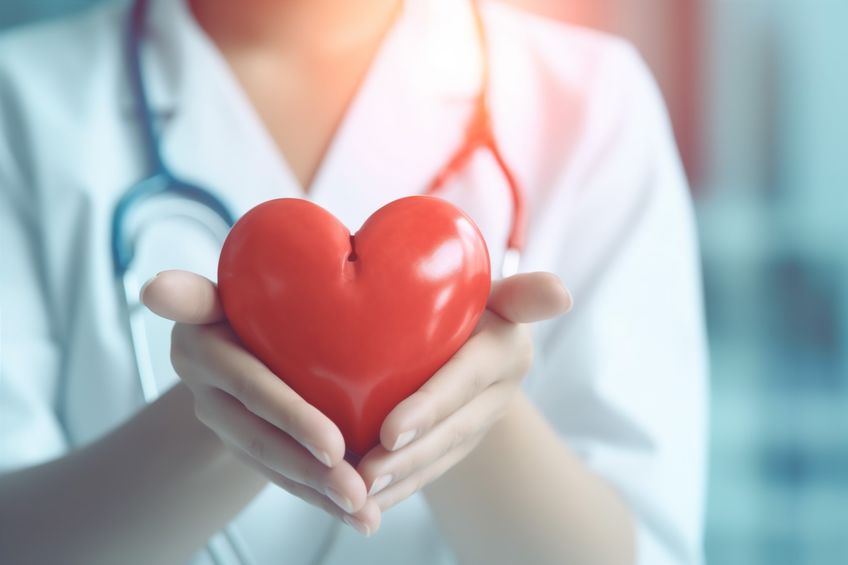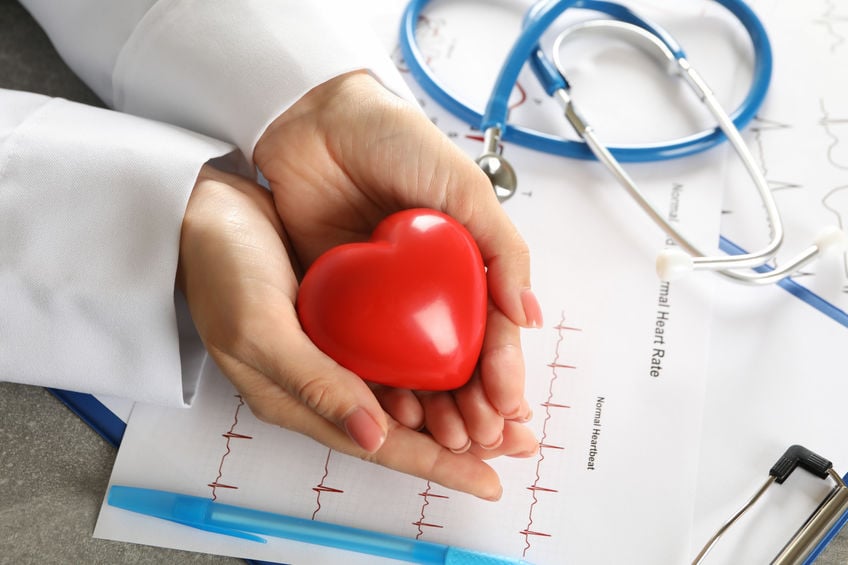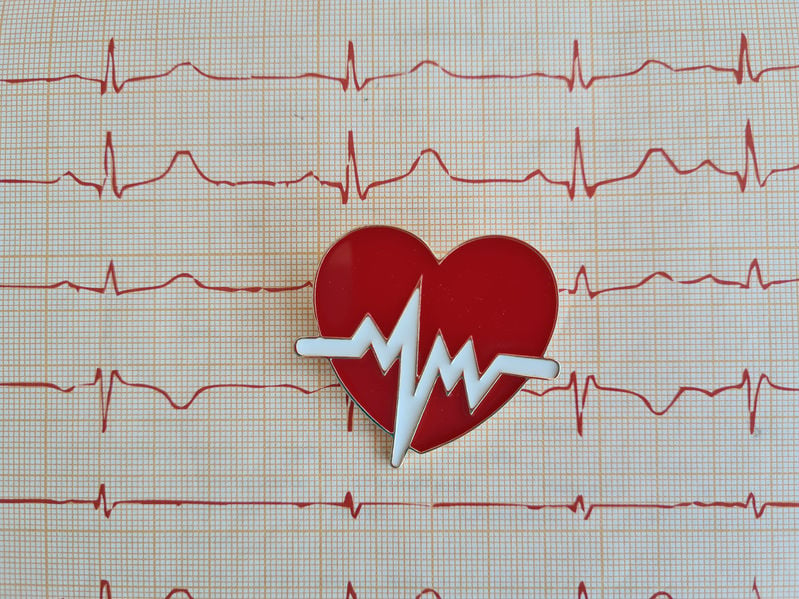Heart Beats Are Irregular
Arrhythmia is a condition when the heart rate or rhythm is not regular. Irregular heartbeats happen due to a disturbance in the electrical impulse. About 1.5%-5% of people are affected by this condition. Arrhythmia can be harmless at times but requires cardiologic treatment at other times.

Classification of arrhythmia
Various kinds of irregular heartbeats are classified based on the origin, rate, and regularity. Arrhythmia is classified into tachycardia, bradycardia, ventricular arrhythmia, supraventricular arrhythmia, and premature heartbeat. Tachycardia is a fast heart rate while bradycardia is a slow heart rate. Ventricular arrhythmia starts in the ventricles and supraventricular arrhythmia starts above the ventricles. A premature heartbeat is referred to as having an extra beat.
Managing irregular heart rate
The treatment of arrhythmia depends on the type of arrhythmia diagnosed. Sometimes some heart arrhythmias do not require treatment. Based on the diagnosis and severity, the treatment options include medications, surgery, or specific therapies. Regardless of any treatment, contact the doctor immediately if one is experiencing side effects or worsening condition.
Solving with medical and surgical treatments
The doctor will prescribe the right class of medications based on the type of arrhythmia. Common medications include antiarrhythmic drugs, calcium-channel blockers, beta-blockers, and anticoagulants. Surgical options include a pacemaker, catheter ablation, implantable cardioverter defibrillator, maze procedure, and coronary bypass surgery.
Reducing the irregularity with specific therapies
The common therapies include vagal maneuvers and cardioversion. Vagal maneuvers help manage a fast heart rate without accompanying symptoms. Some of the maneuvers include applying cold water on the face, coughing, and gagging. This will cause the vagus nerve to slow down the heart rate. Cardioversion is a process where an electrical impulse is delivered to the heart.
Making adjustments to your lifestyles
In addition to medical, surgical, or other therapies, making changes to one’s lifestyle is important to maintain a healthy heart. Incorporate a healthy diet, exercise, maintain a healthy weight, and avoid harmful substances such as tobacco. Limit caffeine and alcohol intake and avoid stress. Ensure blood pressure and cholesterol levels are within normal limits and attend any required follow-up doctor visits.
Looking at the prognosis
The prognosis of arrhythmia is based on the type and severity. Some types of arrhythmia do not require treatment while others may pose a danger to a patient’s life. However, with available treatments, most patients can live normal lives.
Fixing your heart arrhythmia
Heart arrhythmias can be managed with various types of treatment options such as medical, surgical, or therapies like vagal maneuvers. Following up with the doctor is important to ensure the heartbeat is stable and to avoid unwanted consequences. After treatment, adjusting and maintaining a healthy lifestyle is vital to sustaining a healthy heart.



